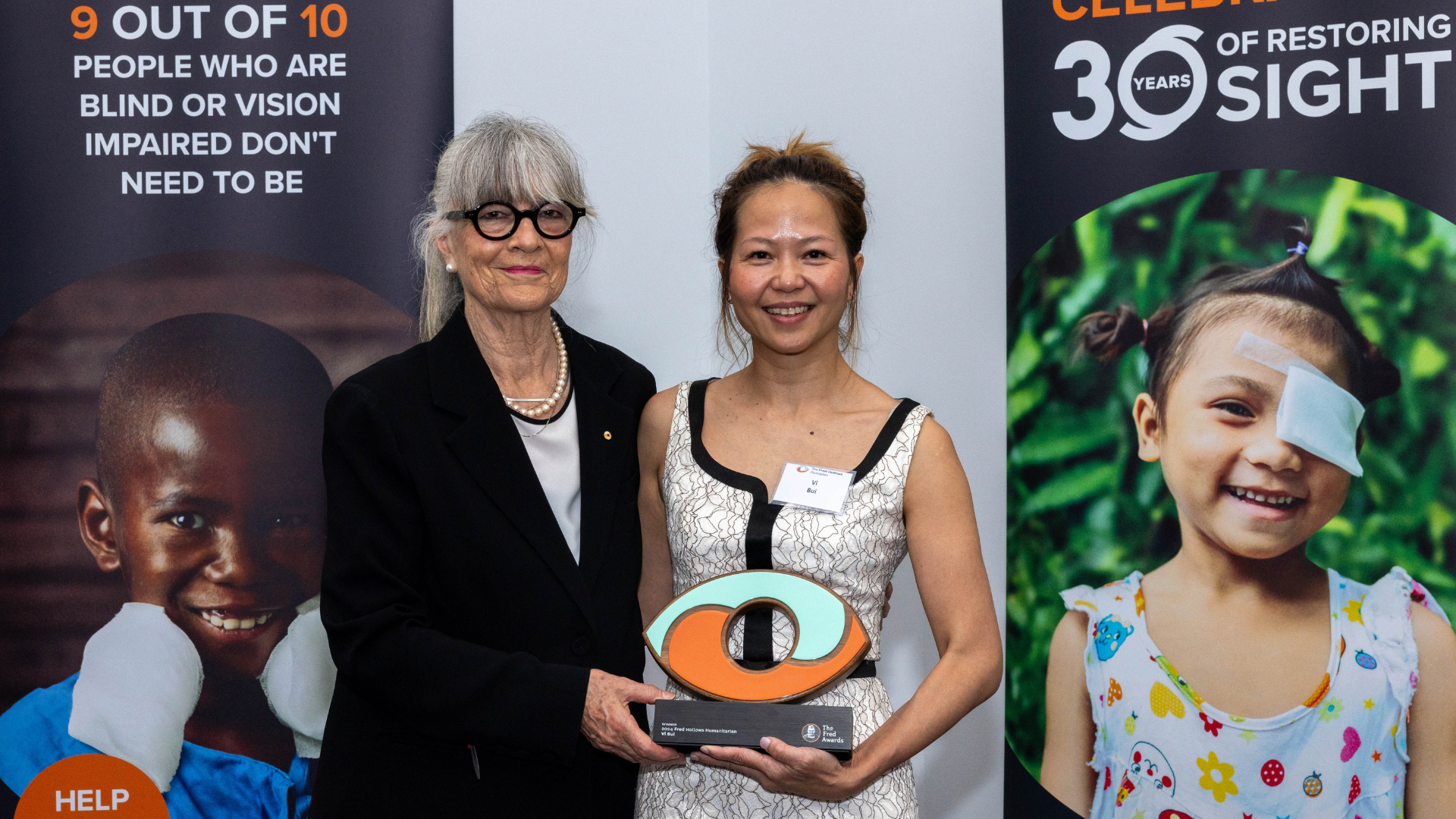Philanthropy
5 things to consider when writing a Will

The idea of having to write a Will may not seem the most pleasant, but it can be a great way to gain control over your affairs and feel prepared, whatever the future may hold.
Writing a Will doesn’t have to be a daunting task. Here are 5 things you should give careful consideration to before writing your Will.
Writing a Will doesn’t have to be a daunting task. Here are 5 things you should give careful consideration to before writing your Will.
Download a free Gift in Will pack
In a hurry?
Click on the link below to go directly to the reason you’re most interested in:
1. Who will be the executor of your estate?
You should decide who will be the Executor of your estate, and ask them if they will take on the role. Honesty and integrity are both important when choosing your Executor, as they will ensure that the terms of your Will are carried out.
It’s best to nominate someone you know and trust. This could be someone outside your family or friend circle, such as an accountant or lawyer. You can also appoint more than one executor in case the first person you choose is unable to fulfil the role at the time it’s needed.
It’s best to nominate someone you know and trust. This could be someone outside your family or friend circle, such as an accountant or lawyer. You can also appoint more than one executor in case the first person you choose is unable to fulfil the role at the time it’s needed.
2. Who will be the beneficiaries in your Will?
A beneficiary is a person or people who inherit gifts or your estate, when you pass away. You get to choose your beneficiaries, with people most often choosing loved ones who mean a lot to them.
If you have a spouse or children, you will most likely nominate them as beneficiaries, so you can have peace of mind that they will be cared for and protected. Other beneficiaries can be parents, siblings, significant others, other relatives, and good friends. Many people also include charities and worthy causes in their Will as a beneficiary.
If you have a spouse or children, you will most likely nominate them as beneficiaries, so you can have peace of mind that they will be cared for and protected. Other beneficiaries can be parents, siblings, significant others, other relatives, and good friends. Many people also include charities and worthy causes in their Will as a beneficiary.

Photo credit: Michael Amendolia
3. What will happen to your pets if you pass away?
Our pets are important members of our families. If you have a much-loved pet, you may want to ensure that they are cared for in the future.
You can’t leave a gift directly to your pet, but you can nominate a family member or friend to care for them. You can then allocate funds for the care of your pet, which your friend or family member will manage.
You can’t leave a gift directly to your pet, but you can nominate a family member or friend to care for them. You can then allocate funds for the care of your pet, which your friend or family member will manage.
4. Can you leave a gift to a charity in your Will?
You decide who will benefit from specific gifts in your Will or a share in your estate, after any outstanding expenses are paid.
This means that as well as choosing family and friends as beneficiaries, you can also include a favourite charity, such as The Fred Hollows Foundation, in your Will.
By choosing to leave a bequest to The Foundation, you will be helping restore sight to some of the most vulnerable people in Australia, and in 25 countries where we work. And just like Fred, your legacy will live on, helping to end avoidable blindness and strengthening eye health systems and the global health workforce for generations to come. After providing for your loved ones, leaving a small share of whatever is left is a great way to include The Foundation in your Will and can make a significant difference to people who are needlessly blind.
Alison, a passionate supporter of The Fred Hollows Foundation, who has left a gift in her Will, says: "I strongly encourage anyone who supports The Foundation to seriously consider leaving a gift in their Will. It leaves a warm and fuzzy feeling to know that folks’ lives will be improved due to my contribution."
This means that as well as choosing family and friends as beneficiaries, you can also include a favourite charity, such as The Fred Hollows Foundation, in your Will.
By choosing to leave a bequest to The Foundation, you will be helping restore sight to some of the most vulnerable people in Australia, and in 25 countries where we work. And just like Fred, your legacy will live on, helping to end avoidable blindness and strengthening eye health systems and the global health workforce for generations to come. After providing for your loved ones, leaving a small share of whatever is left is a great way to include The Foundation in your Will and can make a significant difference to people who are needlessly blind.
Alison, a passionate supporter of The Fred Hollows Foundation, who has left a gift in her Will, says: "I strongly encourage anyone who supports The Foundation to seriously consider leaving a gift in their Will. It leaves a warm and fuzzy feeling to know that folks’ lives will be improved due to my contribution."
If you pass away unexpectedly without having written a Will, a person or entity determined by the relevant law in your State or Territory will be appointed as administrator of your estate which may or may not be who you would wish to be involved in the administration of the estate. This law will also determine who may receive your assets in your estate from a predetermined list which again may not be who you wish to receive a benefit from your estate. This can be lengthy, stressful and expensive for your loved ones, who will have to bear the burden, while grieving.
Having a Will in place will give you peace of mind that all your affairs are in order, and your nearest and dearest will be cared for, with one thing less to stress about.
Having a Will in place will give you peace of mind that all your affairs are in order, and your nearest and dearest will be cared for, with one thing less to stress about.
Interested in supporting our work?
COVER PHOTO: Truong Van Thom
Related articles
View these articles

Meet the 2024 Fred Hollows Humanitarian of the Year and Junior Ambassadors
In memory of Professor Fred Hollows, The Fred and Humanity Awards recognise the humanitarian nature of everyday Australians.

5 frequently asked questions about philathropy
Philanthropists and major donors play a very important role in helping The Fred Hollows Foundation restore sight. We depend on their generous support to create a more equitable world where no one is needlessly blind.

What's the wider economic impact of your donation?
The benefits of restoring sight create significant economic returns, including increased labour force participation and productivity, and improved education and learning.
